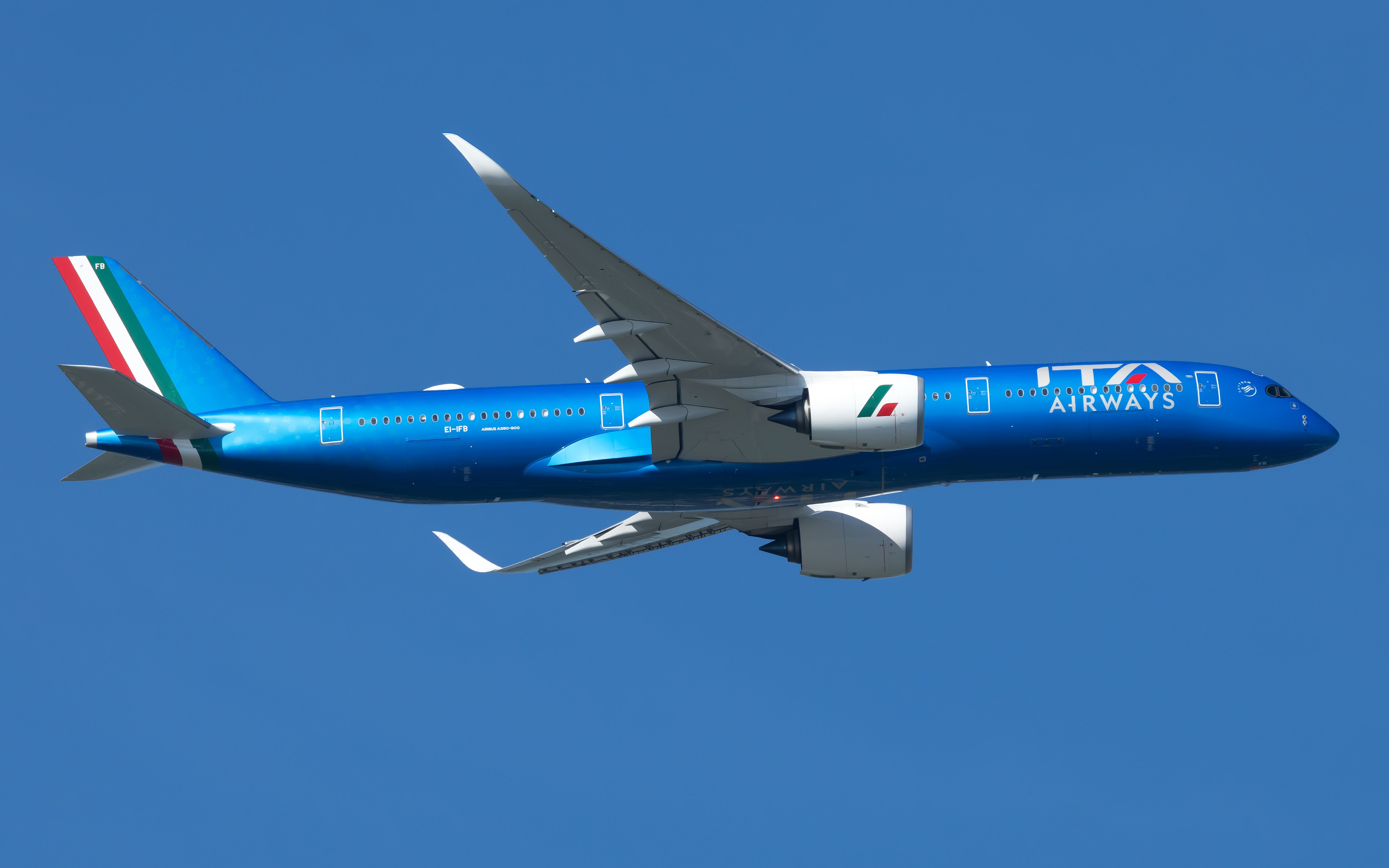The Illusion Of Learning: A Critical Look At AI And Responsible Application

Table of Contents
The Limitations of Current AI: Beyond the Hype
The current hype surrounding AI often overshadows its fundamental limitations. It's crucial to differentiate between narrow/weak AI and general/strong AI. Weak AI, the prevalent type today, excels at specific tasks, like playing chess or recognizing faces. Strong AI, also known as Artificial General Intelligence (AGI), would possess human-level intelligence and adaptability—a goal still far from realization.
Current AI systems, while impressive, suffer from several key limitations:
- Lack of Common Sense Reasoning: AI struggles with tasks requiring common sense reasoning and real-world understanding, easily solved by humans. For example, an AI might fail to understand why a cat can't fly, even if it has processed millions of images of cats.
- Inability to Generalize Knowledge Across Domains: AI systems trained on one dataset often perform poorly when applied to a different, even slightly related, context. This lack of generalization significantly limits their applicability.
- Vulnerability to Adversarial Attacks: Slight, almost imperceptible modifications to input data can cause AI systems to make incorrect predictions—a phenomenon known as adversarial examples. This vulnerability poses significant security risks.
- Dependence on Massive Datasets (Data Bias and its Impact): AI models are trained on large datasets, and if these datasets reflect existing societal biases, the resulting AI system will perpetuate and even amplify those biases. This leads to algorithmic bias, with potentially discriminatory outcomes. Explainable AI (XAI) is crucial here to understand the decision-making process and identify such biases. Overfitting, where a model performs well on training data but poorly on new data, further exacerbates this issue.
The Ethical Concerns of Unchecked AI Development
The ethical implications of unchecked AI development are profound. Biased algorithms, trained on skewed data, can lead to discriminatory outcomes in areas like loan applications, criminal justice, and hiring processes. This algorithmic bias can exacerbate existing social inequalities and injustices.
The potential for misuse of AI is equally concerning:
- Autonomous Weapons Systems: The development of lethal autonomous weapons raises serious ethical and security concerns, potentially leading to unpredictable and devastating consequences.
- Surveillance Technologies and Privacy Violations: Widespread use of AI-powered surveillance technologies poses significant threats to individual privacy and civil liberties.
- Job Displacement and Economic Inequality: Automation driven by AI could lead to significant job displacement, exacerbating economic inequality and requiring societal adaptations.
The lack of transparency and accountability in many AI systems further complicates these ethical concerns. Algorithmic accountability is critical to ensure fairness and prevent harm.
Responsible AI Development: Mitigating Risks and Promoting Benefits
Addressing these challenges requires a commitment to responsible AI development. Human oversight and control are crucial to mitigate risks and ensure AI systems align with human values. Strategies for building more ethical and transparent AI include:
- Data Diversity and Bias Mitigation Techniques: Using diverse and representative datasets, and employing bias mitigation techniques during model training, are essential to reduce algorithmic bias.
- Explainable AI (XAI) for Increased Transparency: XAI techniques aim to make AI decision-making processes more understandable and auditable, fostering trust and accountability.
- Robust Testing and Validation Procedures: Rigorous testing and validation are crucial to identify and address potential flaws and biases before deployment.
- Emphasis on Human-Centered Design: Designing AI systems with a focus on human needs and values helps ensure they are beneficial and don't cause unintended harm.
Regulatory frameworks and guidelines for responsible AI are also necessary to establish standards and promote ethical development. AI governance needs to be a collaborative effort involving researchers, policymakers, and the public.
The Future of AI: Balancing Innovation and Responsibility
Responsible AI development holds immense potential to benefit humanity across various sectors. In healthcare, AI can assist in diagnosis and treatment; in education, it can personalize learning experiences; and in environmental science, it can help combat climate change. However, realizing this potential requires a commitment to continuous monitoring and evaluation of AI systems.
The future of AI should not be one of unchecked technological advancement but rather a balanced approach that prioritizes ethical considerations and responsible innovation. We must strive for a future where AI augments human capabilities and solves global challenges responsibly, rather than exacerbating existing problems. AI for good should be the guiding principle. Sustainable AI development requires collaboration and foresight.
Conclusion: Navigating the Illusion of Learning and Embracing Responsible AI
Current AI systems, despite impressive capabilities, suffer from significant limitations. The "illusion of learning" – mistaking sophisticated pattern recognition for genuine understanding – must be addressed. Ethical considerations are paramount in AI development; algorithmic bias, privacy concerns, and the potential for misuse require careful attention. Responsible AI development, incorporating techniques like explainable AI (XAI) and robust testing, is vital to mitigate risks and unlock the true benefits of this transformative technology.
We must move beyond the illusion of learning and embrace a future where AI is developed and deployed responsibly. Engage in informed discussions about AI ethics, participate in shaping responsible AI policies, and support research in areas like XAI and AI safety. Only through collective effort can we ensure that ethical artificial intelligence serves humanity's best interests. Let us work towards a future where responsible AI applications improve lives worldwide and leave behind the limitations of AI's past.

Featured Posts
-
 Ita Airways And Giro D Italia 2025 A Winning Partnership
May 31, 2025
Ita Airways And Giro D Italia 2025 A Winning Partnership
May 31, 2025 -
 Suge Knights Plea Diddy Should Testify To Show His Human Side
May 31, 2025
Suge Knights Plea Diddy Should Testify To Show His Human Side
May 31, 2025 -
 Munguia Vs Surace Ii Tactical Changes Lead To Munguias Victory
May 31, 2025
Munguia Vs Surace Ii Tactical Changes Lead To Munguias Victory
May 31, 2025 -
 Understanding The Impact Of Dangerous Climate Whiplash On Urban Infrastructure
May 31, 2025
Understanding The Impact Of Dangerous Climate Whiplash On Urban Infrastructure
May 31, 2025 -
 Sanofi Renforce Son Portefeuille Immunologie Avec L Anticorps Bispecifique De Dren Bio
May 31, 2025
Sanofi Renforce Son Portefeuille Immunologie Avec L Anticorps Bispecifique De Dren Bio
May 31, 2025
